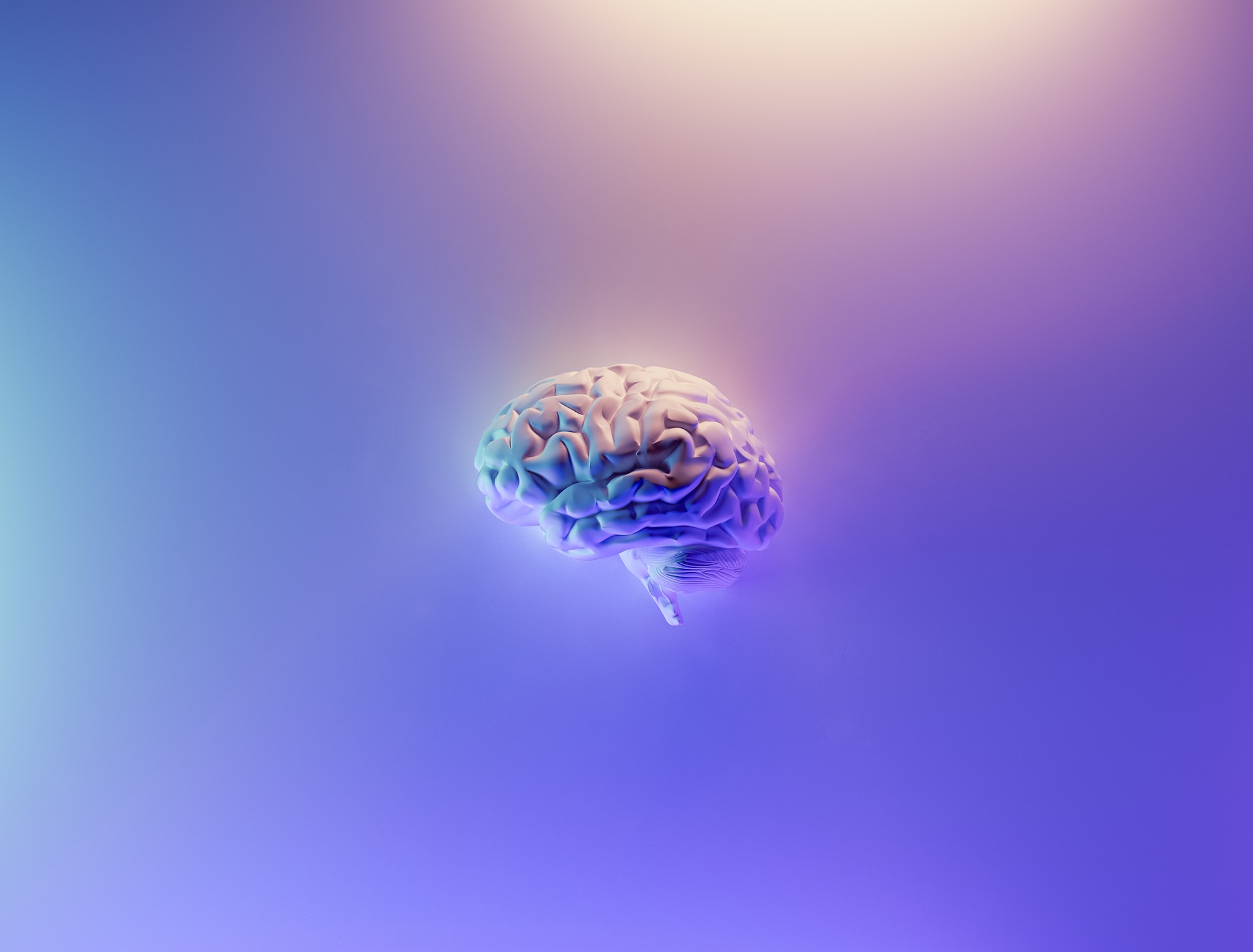Christof Koch wagered David Chalmers 25 years ago that researchers would learn how the brain achieves consciousness by now. But the quest continues.
Consciousness is everything a person experiences — what they taste, hear, feel and more. It is what gives meaning and value to our lives, Chalmers says.
Despite a vast effort — and a 25-year bet — researchers still don’t understand how our brains produce it, however. “It started off as a very big philosophical mystery,” Chalmers adds. “But over the years, it’s gradually been transmuting into, if not a ‘scientific’ mystery, at least one that we can get a partial grip on scientifically.”
Koch, a meritorious investigator at the Allen Institute for Brain Science in Seattle, Washington, began his search for the neural footprints of consciousness in the 1980s. Since then, he has been invested in identifying “the bits and pieces of the brain that are really essential — really necessary to ultimately generate a feeling of seeing or hearing or wanting,” as he puts it.
At the time Koch proposed the bet, certain technological advancements made him optimistic about solving the mystery sooner rather than later. Functional magnetic resonance imaging (fMRI), which measures small changes in blood flow that occur with brain activity, was taking laboratories by storm. And optogenetics — which allowed scientists to stimulate specific sets of neurons in the brains of animals such as nonhuman primates — had come on the scene. Koch was a young assistant professor at the California Institute of Technology in Pasadena at the time. “I was very taken by all these techniques,” he says. “I thought: 25 years from now? No problem.”
Read More at Nature

Read the rest at Nature